7
56 lesson
54, 55 lesson
New words
attend - відвідувати
revise for - переглянути
sit (for)/take - скласти
miss - пропустити
do well in/ pass/fail - добре здати/скласти/не скласти
get - отримати
53 lesson
52 lesson
LOOK
1. Look at (дивитись на...)
I am looking at my watch.
Look at the window, how is the weather?
Look at me, when I talk to you!
2. Look for (шукати)
I am looking for my keys.
What are you looking for?
Look for the message, I have sent you previously.
3. Look after (дивитись за...)
Please, look after my kids.
I am looking after my sister, now.
He looks after his younger brother every evening.
4. Look ahead (думати про майбутнє)
Look ahead, don't think about past.
If to look ahead, it seems that my future is going to be the best.
I look ahead all the time, my plans to be succesful.
5. Look back (думати про минуле)
I don't want to look back - to much mistakes I made in the past.
He always looked back, he couldn't let go of the past.
Don't look back, always look ahead.
6. Look up (шукати інфу онлайн)
I am looking up the information about Covid.
Look up the meaning of the word "Windowsill".
He looks up the information in Wikipedia about this actor.
7. Look up to (поважати (когось))
Everyone should look up to own parents.
Do you look up to the teacher?
I look up to my mother.
8. Look over (перевірити)
Can you look over my schedule?
I look over this page, and didn't find anything about the main hero.
He is looking for report now.
9. Look forward to V...ing (чекати з нетерпінням + дієслово...ing)
I am looking forward to seeing you!
My kids always look forward to celebrating of Christmas
PUSH
50, 51 lesson
49 lesson
LOOK/WATCH/NOTICE/STARE
look: your eyes are directed in a specific direction. So right now, I'm looking at a computer screen.
stare: to look fixedly at something. Like REALLY look, for a long period of time. People stare at each other when they are angry or annoyed, or even romantically.
watch: you are looking & observing something. Yes, like "I'm watching TV", but you can also say "I watched him leave." I looked, noticed, and observed he was leaving.
notice: the fact of observing or paying attention to something.
When To Use Tell, Say, Speak, Talk
These four verbs have a similar meaning, they are just used in different contexts. In general, tell and say are used when conveying specific information. Both can be used interchangeably by changing the sentence structure. There are always exceptions to these rules so it is important to pay attention to native speakers and when reading content in English. These are a few general ways to distinguish between all four. I’m going to help you know when to use them so that you can sound like a confident native speaker!
How to use tell
The verb tell is used when speaking directly to a person so it follows an object in a sentence. Tell also frequently focuses on specific information or details about something. It is used in indirect speech, also known as reported speech. This means that it is not used when quoting someone else’s speech, just when paraphrasing what someone said.
- The teacher told her students to study
- Jeff told me he likes juice
- Mike told Jessie she hates milk
How to use say
The verb say can be used in direct and indirect speech as follows:
- She said “I don’t want to go” (direct)
- She said she didn’t want to go (indirect)
Say doesn’t follow an object but if you were to refer to an object you would add to
- She said to Matt she liked Ice cream
- Charlies said to me Mike is busy
When to use say vs tell
These two verbs can be used interchangeably. You just have to structure your sentence a bit different:
- Did she tell you what happened yesterday?
- Did she say what happened yesterday?
- What did Emily say?
- What did Emily tell you?
How to use speak
Used in more formal, authoritative situations. It is used in more general terms, not as specific as tell and say. It is also used when referring to languages and when referring to giving a speech to a large crowd:
- Sam speaks English very well
- Dr. Phillips will speak at the conference next week
How to use talk
Used in an informal situation and in generic terms. Interchangeable with the word speak depending on the situation. It is also used to talk about more specific detail by adding the word about
- We talked about the party yesterday.
- I want to talk to you about your job
Ways to use speak vs talk
They are interchangeable with each other depending on the formality of the speech. Speak is more formal and talk is less formal. Both use the prepositions with, about, or to.
- I want to talk with your mom
- He wants to speak to your manager
46-47 lessons
PRESENT PERFECT SIMPLE
PRESENT PERFECT (examples)
Actions started in the past and continuing in the present
- They haven't lived here for years.
- She has worked in the bank for five years.
- We have had the same car for ten years.
- Have you played the piano since you were a child?
When the time period referred to has not finished
- I have worked hard this week.
- It has rained a lot this year.
- We haven't seen her today.
Actions repeated in an unspecified period between the past and now.
- They have seen that film six times
- It has happened several times already.
- She has visited them frequently.
- We have eaten at that restaurant many times.
Actions completed in the very recent past (+just)
- Have you just finished work?
- I have just eaten.
- We have just seen her.
- Has he just left?
When the precise time of the action is not important or not known
- Someone has eaten my soup!
- Have you seen 'Gone with the Wind'?
- She's studied Japanese, Russian, and English.
DESCRIBE THE PICTURE (use the present perfect)
LIVEWORKSHEET
PRESENT PERFECT and PAST SIMPLE
Past Simple ми використовуєм для минулих подій, які не звʼязані з теперішнім часом.
Present Perfect події почались в минулому і закінчились або продовжуються зараз або мають результат зараз.
44 lesson
42, 43 lesson
38, 39 lesson
school events
Складання запитань в минулому часі
news
Складання речень, вживаючи нову лексику
New words
prepare - підготувати
collect - зібрати
celebrate - святкувати
inform - інформувати
advertise - рекламувати
organise - організувати
achieve - досягти
argue - сперечатись
37 lesson
Writing the composition
Topic "My past"
Task - Pretend, that You are 50 years old. Think about your past from that point of view.
Useful phrases -
Let us start by ...
It would also be interesting to see…
Firstly,…/ Secondly,…/ Finally,…
As a final point…
In addition to…
Questions
1. What was your life way? From the 15 till 50 years old?
2. What were the best decisions, you made in past?
3. What would you change in your past, if it was possible?
4. What can you advise to young people?
33 lesson
All - всі
None - жодна (жоден)
Both - обидва (обидві)
Neither - жодна (жоден)
Either - однаково
None - коли порівняння з кількістю учасників більше за 2
Neither - коли 2 учасника
Grammar
32 lesson
Read
New words
explain - пояснювати
complain - скаржитись
react - реагувати
understand - розуміти
realise - усвідомити
allow - дозволити
let - дозволити
encourage - заохотити
suggest - запропонувати
Complete sentences with correct words
30, 31 lessons
CONDITIONAL SENTENCE (I type)
Read
1. If my mom cooks pancakes, ...
2. If my brother breaks my phone, ...
3. If I read a lot of books, ...
4. I will be a cool sportsman, if ...
5. I will go to cinema tomorrow, if ...
6. I will have a new phone, if ...
Read
Answer the questions
1. What did boys see at the river?
2. Did they sleep at home?
3. What about were men speaking?
4. What did Aunt Polly say?
5. Were Joe and Huck happy?
6. Where did boys come after their fake death?
29 lesson
New words:
to get extensions -
highlights -
dreadlocks -
to dye -
to get a buzz cut -
to tie back in a ponytail -
Match letters with numbersRead
Answer the questions:
1. Where is Amy going?
2. What haircut did Lilly suggest her to make?
3. What haircut did Bill suggest her to make?
4. What kind of haircut did Amy decide to make?
5. What haircut did Stu suggest her to make?
Grammar
Conditional sentences — це речення, у яких щось залежить від чогось. Тобто, щось постійно трапляється, може трапитись або могло б трапитись у результаті іншої дії.
Наприклад: If we go to Europe by bus, it will be cheaper — Якщо ми поїдемо в Європу автобусом, це буде дешевше.
ПІСЛЯ IF/WHEN - НЕ МОЖНА СТАВИТИ WILL/WON'T!!!
21 lesson
Translate
1. Він сидів на підлозі
2. Вона розмовляла англійською
3. Вони лежали на траві
4. Мойсей вів людей 40 років
5. Я читав цікаву книжку
6. Моя мама вирощувала квіти
7. Я загубив телефон
8. Мій брат впав з ліжка
9. Мій батько побудував нам дім
10. Я відправив вам повідомлення вчора
11. Я не розумів математику, але зараз розумію.
Tom Sawyer
19, 20 lessons
TOM SAWYER
18 lesson
17 lesson
PUSH ME
16 lesson
14,15 lessons
13 lesson
Describe
SpeakWrite 10 sentences with these words
12 lesson
1. Kahoot
2. Questions in past simple
Make questions with words:
When?
What?
Where?
10,11 lessons
1. I say to Ann. I said to Ann. I have said to Ann.
2. I make a cake. I made a cake. I have made a cake.
3. I go to school. I went to school. I have gone to school.
4. I take a pen. I took a pen. I have taken a pen.
5. I come home at 5.00 every day. I came home at 3.00. Mom, I have come home!
6. I see a picture. I saw Matvej yesterday. I have seen this cartoon!
7. I know English. I knew this girl. I have known a lot of english words.
8. I get good marks in Mathematics. I got a lot of presents when I was little. I have got a good mark today!
9. I give a pen to my brother every day. I gave toys to my sister. I have given a nice present to my friend.
10. I find free time every day. I found a lot of money under the bed. I have found 100 euro today!
1. Я кажу матері. Я говорив матері. Я поговорив з мамою.
2. Я створюю презентації. Я створював презентації. Я створив 10 презентацій.
3. Я ходжу до школи. Я ходив до школи. Я пішов у школу.
4. Я беру олівець. Я брав олівець. Я взяв олівець.
5. Я приходжу в 5.00. Я приходив в 3.00. Я прийшов додому.
6. Я бачу сестру кожного дня. Я бачив брата вчора. Я побачив друга сьогодні.
7. Я знаю англійську мову. Я знав англійську. Я дізнався нове слово сьогодні.
8. Я отримую подарунки. Я отримував подарунки. Я отримав подарунок сьогодні.
9. Я даю книжку. Я давав книжку. Я дав книжку.
10. Я знаходжу гроші. Я знаходив гроші. Я знайшов 100 євро.
9 lesson
8 lesson
Speaking
6, 7 lesson
New words
Grammar5 lesson
Speaking
bad - worse - the worst
good - better - the best
4 lesson
2, 3 lesson
Speaking
















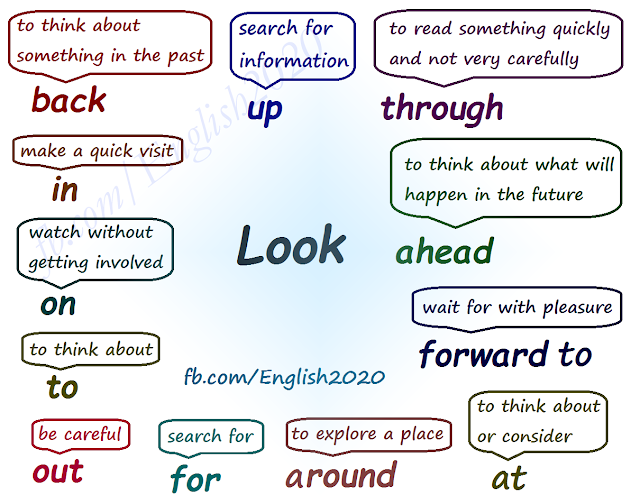























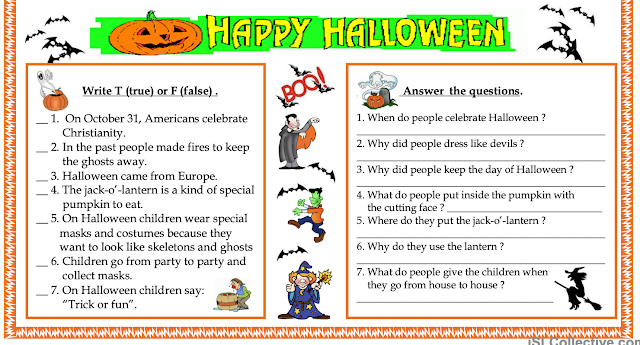




















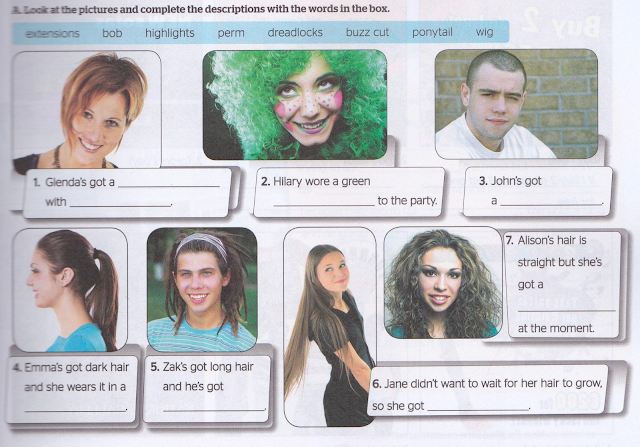














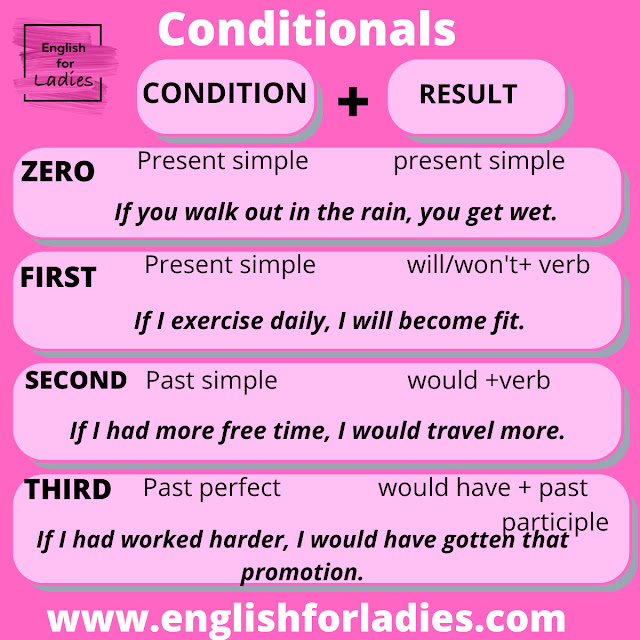












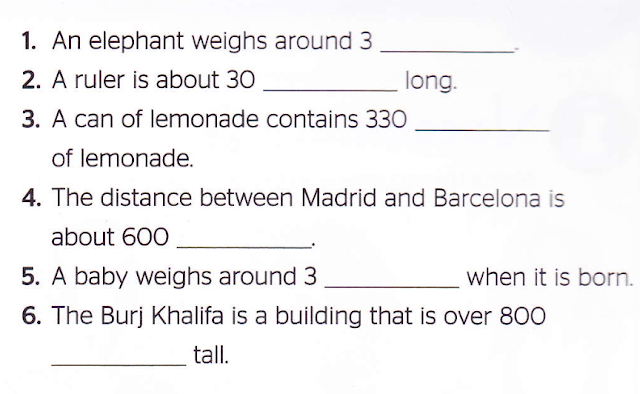
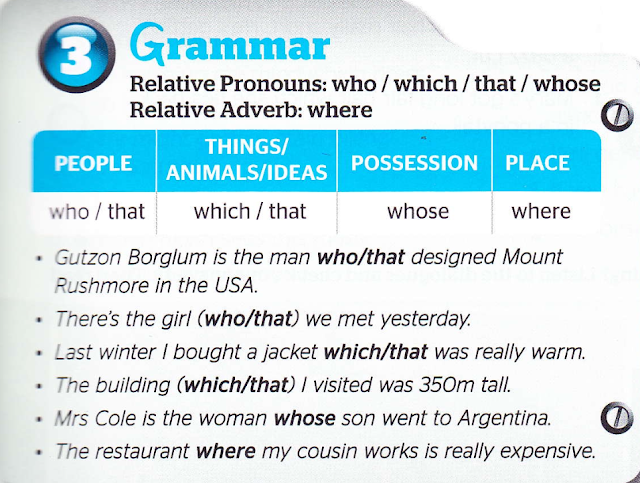


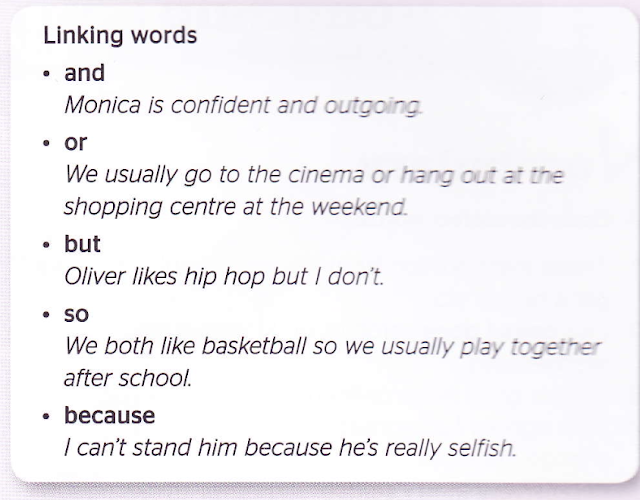



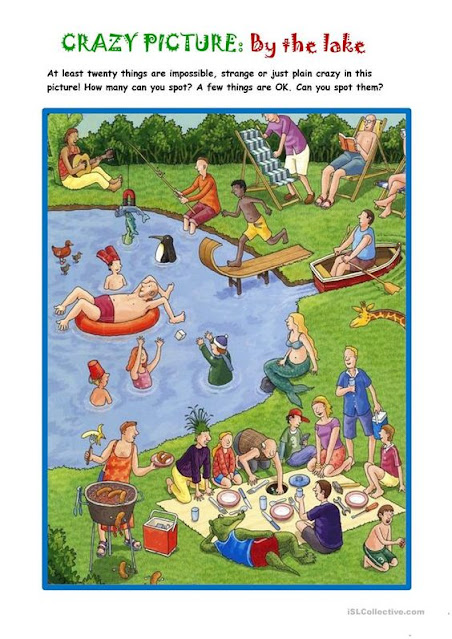



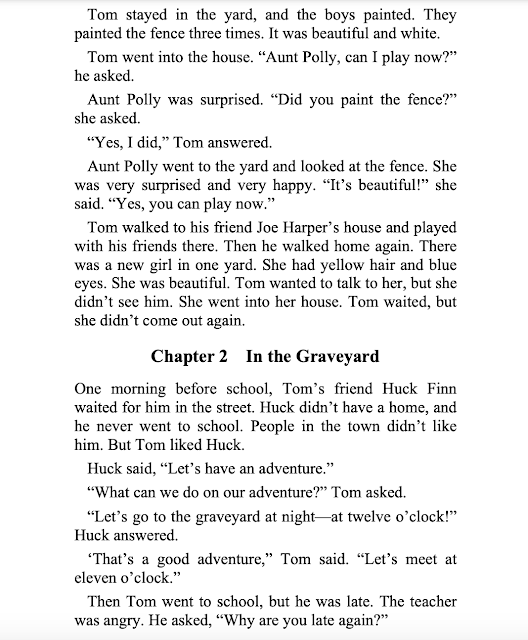








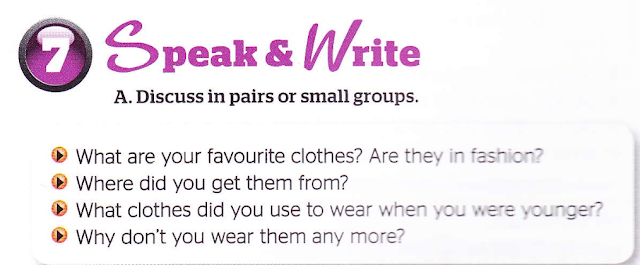














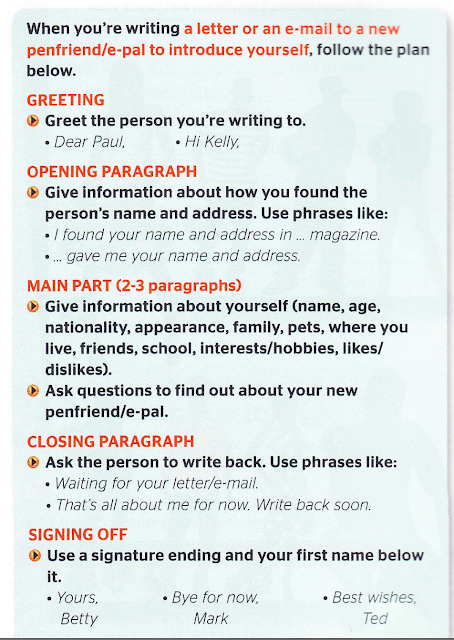
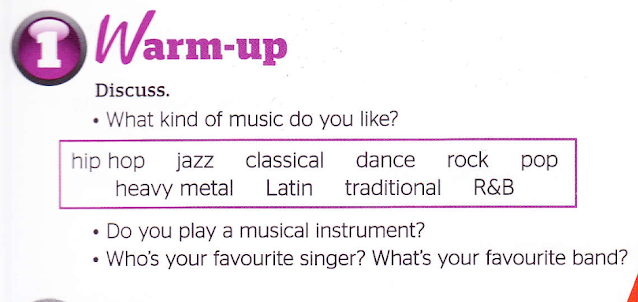





























Коментарі
Дописати коментар